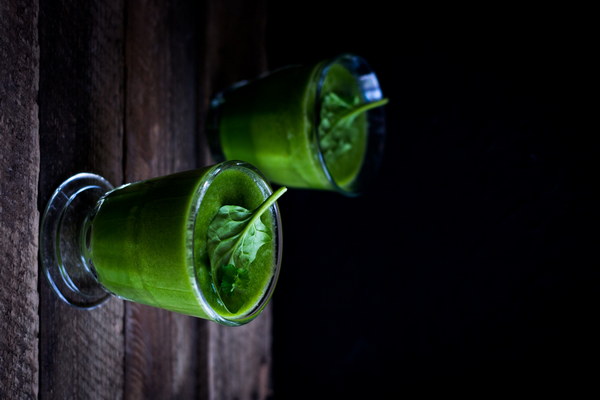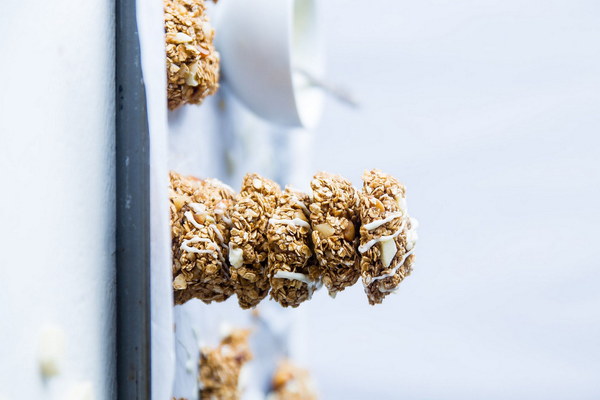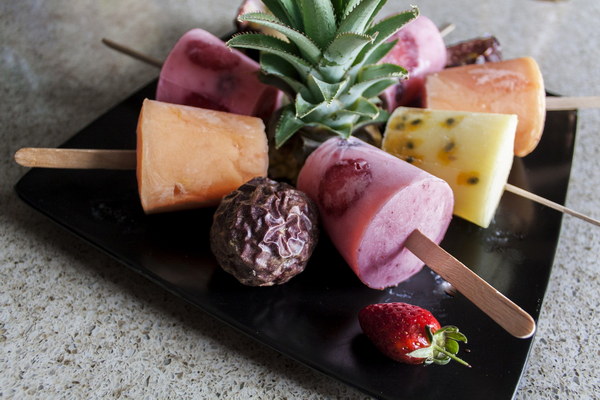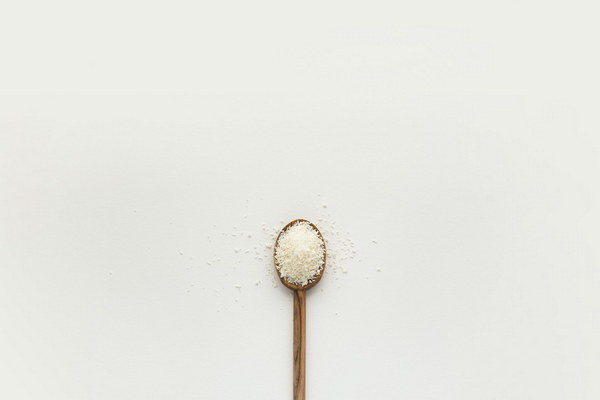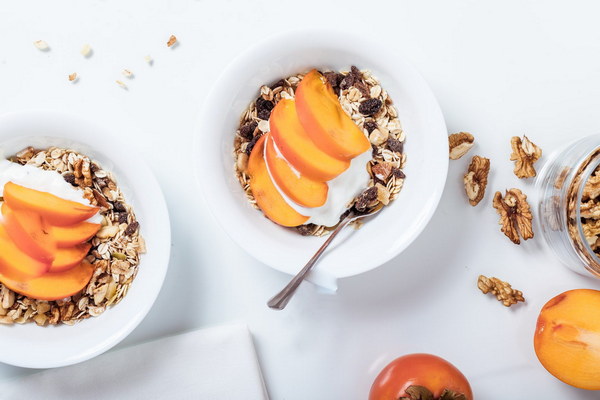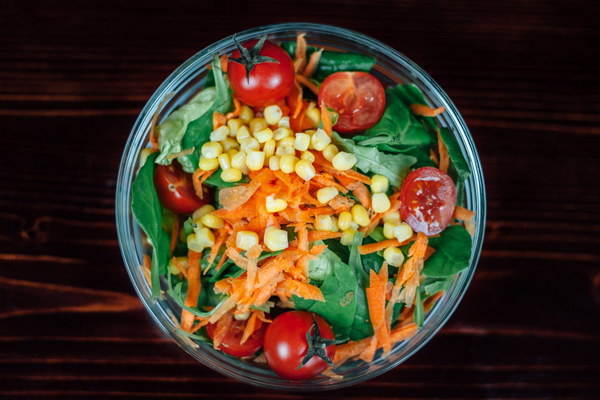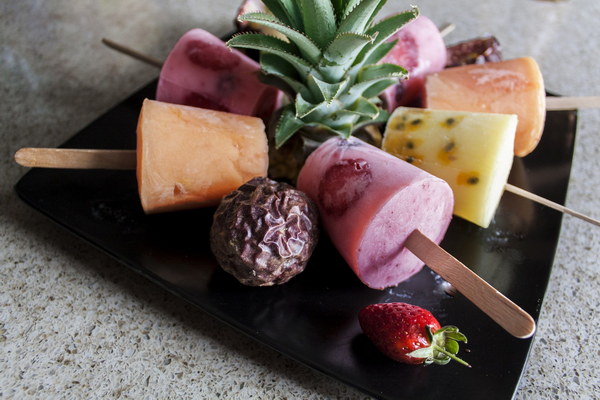Prenatal Wellness Exploring the Role of Herbal Remedies in Body Preparation for Pregnancy
As the journey towards motherhood begins, the importance of prenatal care cannot be overstated. It is a critical period where the health and well-being of both the mother and the developing fetus are of paramount importance. One aspect of prenatal care that has gained significant attention is the use of herbal remedies to prepare the body for pregnancy. This article delves into the world of herbal medicines that can support the body's transition into pregnancy.
Understanding Prenatal Wellness
Prenatal wellness encompasses a variety of practices aimed at ensuring the health of the mother and her baby before, during, and after conception. It is a proactive approach that focuses on optimizing physical, emotional, and nutritional aspects of health. Among the many tools available for prenatal wellness, herbal remedies have been used for centuries, often with great success.
Herbal Remedies for Prenatal Body Preparation
1. Chamomile (Matricaria recutita)
- Known for its calming properties, chamomile can help alleviate stress and anxiety, which are common during the pre-conception period. It is also believed to support digestion and can be taken as a tea or as a supplement.
2. Dong Quai (Angelica sinensis)
- This traditional Chinese herb is often used to balance hormones and improve blood circulation. It is thought to help regulate menstrual cycles and prepare the uterus for pregnancy.
3. Red Raspberry Leaf (Rubus idaeus)
- Rich in vitamins and minerals, red raspberry leaf is a popular herbal remedy for supporting the uterus and preparing it for pregnancy. It is often taken as a tea or in capsule form.
4. Ginger (Zingiber officinale)
- Known for its ability to aid digestion and reduce nausea, ginger is a staple in many prenatal wellness regimens. It can be consumed as a tea, in supplement form, or as a spice in cooking.
5. Fennel (Foeniculum vulgare)
- Fennel is another herb that can help with digestion and may have a positive effect on fertility. It is often consumed as a tea and is believed to increase milk production in lactating mothers.
6. Black Cohosh (Actaea racemosa)
- This herb is traditionally used to support hormonal balance and has been shown to help regulate menstrual cycles. It is typically taken as a supplement.
Safety and Considerations
While herbal remedies can be beneficial, it is crucial to approach them with caution. It is important to consult with a healthcare provider before starting any new herbal regimen, especially during pregnancy. Some herbs may interact with medications, have adverse effects, or be contraindicated for certain health conditions.

Conclusion
The use of herbal remedies for prenatal body preparation is a testament to the timeless wisdom of traditional medicine. These natural remedies can play a significant role in supporting a woman's health before and during pregnancy. However, it is essential to use them responsibly and under the guidance of a healthcare professional. By incorporating these natural therapies into a holistic prenatal care plan, expectant mothers can take a proactive approach to ensuring a healthy pregnancy and a healthy baby.
